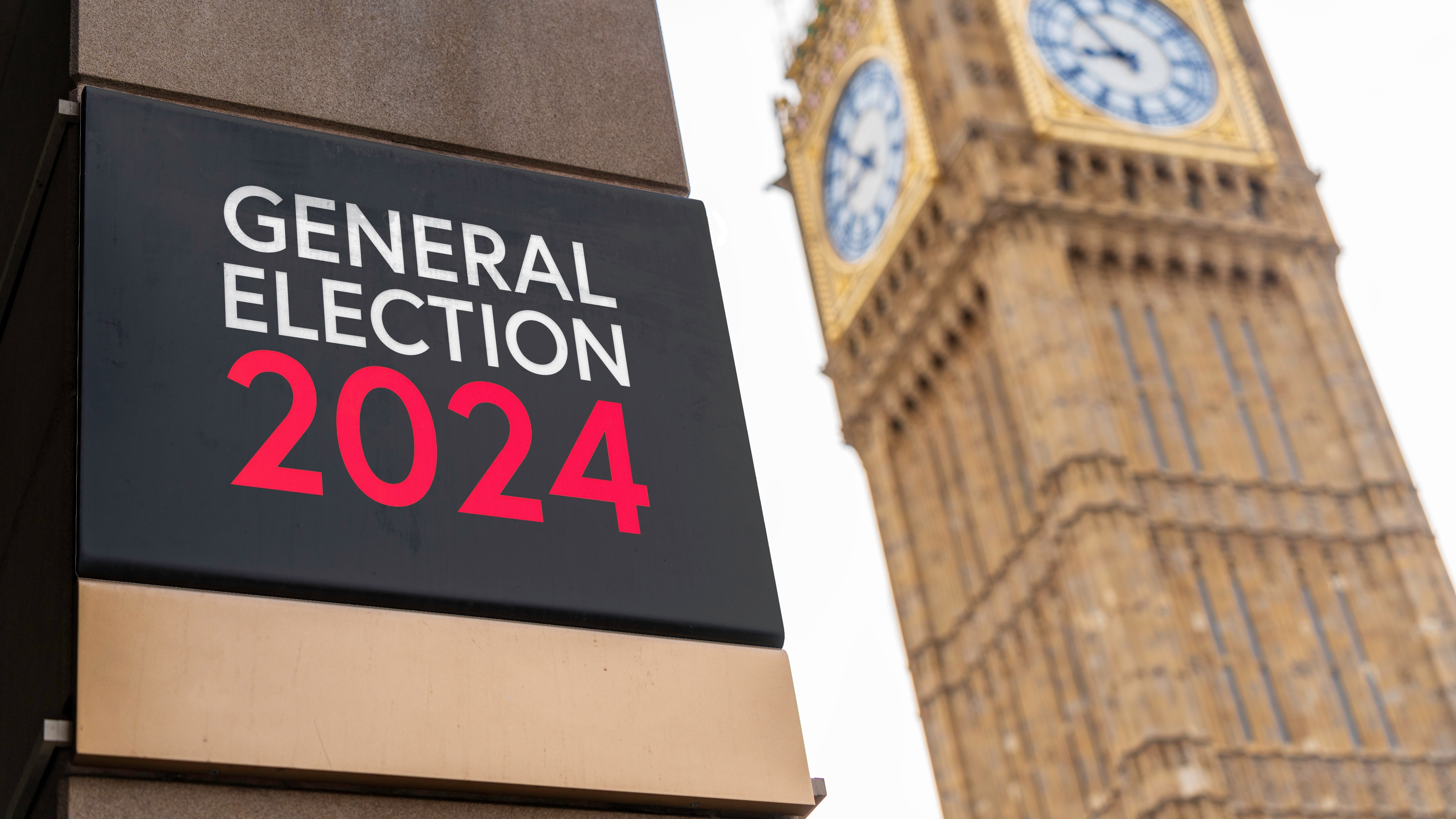Virtual currency and the pursuit of legitimacy
by Inline Policy on 20 May 2014
A number of news stories over the last few days once again illustrate the momentum that virtual currencies are gathering towards increased legitimacy amongst regulators and consumers.
The US state regulatory group, the Emerging Payments Task Force, has pushed ahead with plans to compile an overarching rulebook or guidelines for the use of virtual currency. The publication will look at regulation at a federal level and is likely to be published next year. The group, which is made up of nine members of the Conference of State Bank Supervisors, stated that the guidelines will focus on consumer protection but will also try to clarify outstanding regulatory misnomers.
Also this week the Lieutenant Governor of California, Gavin Newsom, has become the first high-profile US politician to accept a political donation in Bitcoin. Newsom accepted $6,800 in Bitcoin, stating he found the virtual currency “fascinating”. A number of US politicians have said that they are accepting Bitcoin donations following a pronouncement from the Federal Election Committee that Bitcoin is an acceptable form of in-kind donation.
This is all taking place against the backdrop of disarray at Bitcoin’s main trade body, Bitcoin Foundation, which has seen ten members resign over the election of new director, Brock Pearce. Many members cited the inadequate vetting process and Pearce’s alleged past behaviour involving drugs and sexual misconduct.
This highlights the ongoing struggle around the legitimacy of Bitcoin. Past controversies involving the collapse of exchange platform, Mt Gox, and the arrests of high-profile Bitcoin entrepreneurs both haunt the virtual currency and appear to have been the catalyst for an increased push to bring it into the mainstream.
This push, however, involves increased oversight from regulators. The advances we are seeing by regulatory bodies in the United States are not globally uniform - China has recently taken a tougher stance on the buying and selling of Bitcoin and many Asian countries have stepped up punitive regulations.
It is likely the trend towards legitimisation of virtual currencies is set to continue, but it will take time before regulatory bodies and the wide-spread public catch up with the phenomenon.
Topics: Financial Services Regulation, UK business, Economic policy







Comments